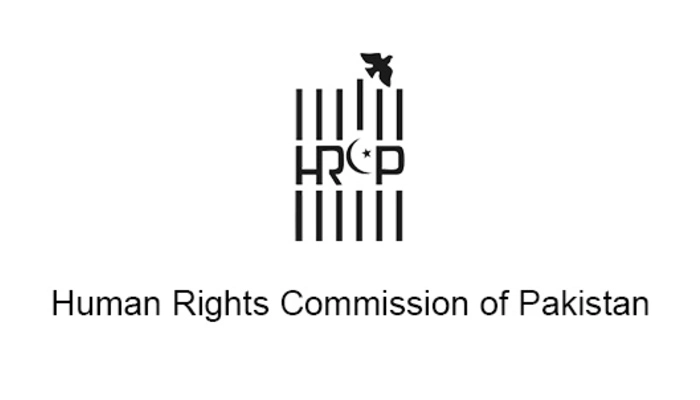
The Human Rights Commission of Pakistan (HRCP) has voiced strong reservations regarding the 26th constitutional amendment Act 2024. This became the law on October 21. Despite some improvements from earlier drafts, the HRCP fears the amendments may undermine judicial independence.
HRCP Chairman Ahsan Iqbal Butt highlighted critical issues in a statement on Tuesday. He expressed concern over how constitutional benches will be established and their composition. He warned that these factors could compromise the credibility of the benches due to potential political influence.
Butt stated, “The manner in which constitutional benches are to be established, as well as their composition, raises serious concerns.” He added that such direct political influence could undermine the judiciary’s integrity.
Another significant concern relates to the Special Parliamentary Committee responsible for nominating the Chief Justice of Pakistan. This committee comprises members from the Senate and National Assembly, selected based on proportional representation of their parties. Butt argued that this structure grants the government an unfair advantage.
He said, “This gives the government of the day a dangerous advantage, potentially subjugating the judiciary.” He emphasized that this arrangement contradicts Pakistan’s obligations under Article 14 of the International Covenant on Civil and Political Rights (ICCPR).
Read: Parliamentary Committee Agrees on Justice Yahya Afridi as Next Chief Justice
Suo Moto Jurisdiction Changes
The HRCP clarified that it does not oppose the amendment to Article 184(3), which restricts constitutional benches from exercising suo moto jurisdiction. This change reflects a shift in judicial power, but the HRCP believes it needs careful implementation to ensure fairness.
Positive Step for Environmental Rights
On a positive note, the HRCP acknowledged Article 9A, which establishes the right to a clean, healthy, and sustainable environment as a fundamental right. This amendment is long overdue, and the HRCP urged the government to implement it urgently.
Allegations of Coercion
Moreover, the HRCP expressed deep concern regarding allegations of coercion in passing the amendment. Butt stated, “These are extremely serious and must weigh on the conscience of those who proposed the Act.” He insisted that such allegations should not be dismissed lightly, emphasizing the need for accountability.
Call for Public Debate
The HRCP also criticized the lack of careful and sustained public debate on the amendment. Butt highlighted that a single, official version of the bill is essential for legitimacy. He stated, “The absence of this raises questions about the intent behind the amendment.”
The HRCP’s concerns reflect broader worries about the potential erosion of judicial independence and the integrity of the legislative process in Pakistan. While some amendments may promote environmental rights, the overall impact of the Constitution (Twenty-Sixth Amendment) Act 2024 raises significant questions about the future of democracy and human rights in the country. The HRCP urges the government to address these concerns and engage in meaningful dialogue with all stakeholders to uphold democratic principles.
Follow us on Google News, Instagram, YouTube, Facebook,Whats App, and TikTok for latest updates












